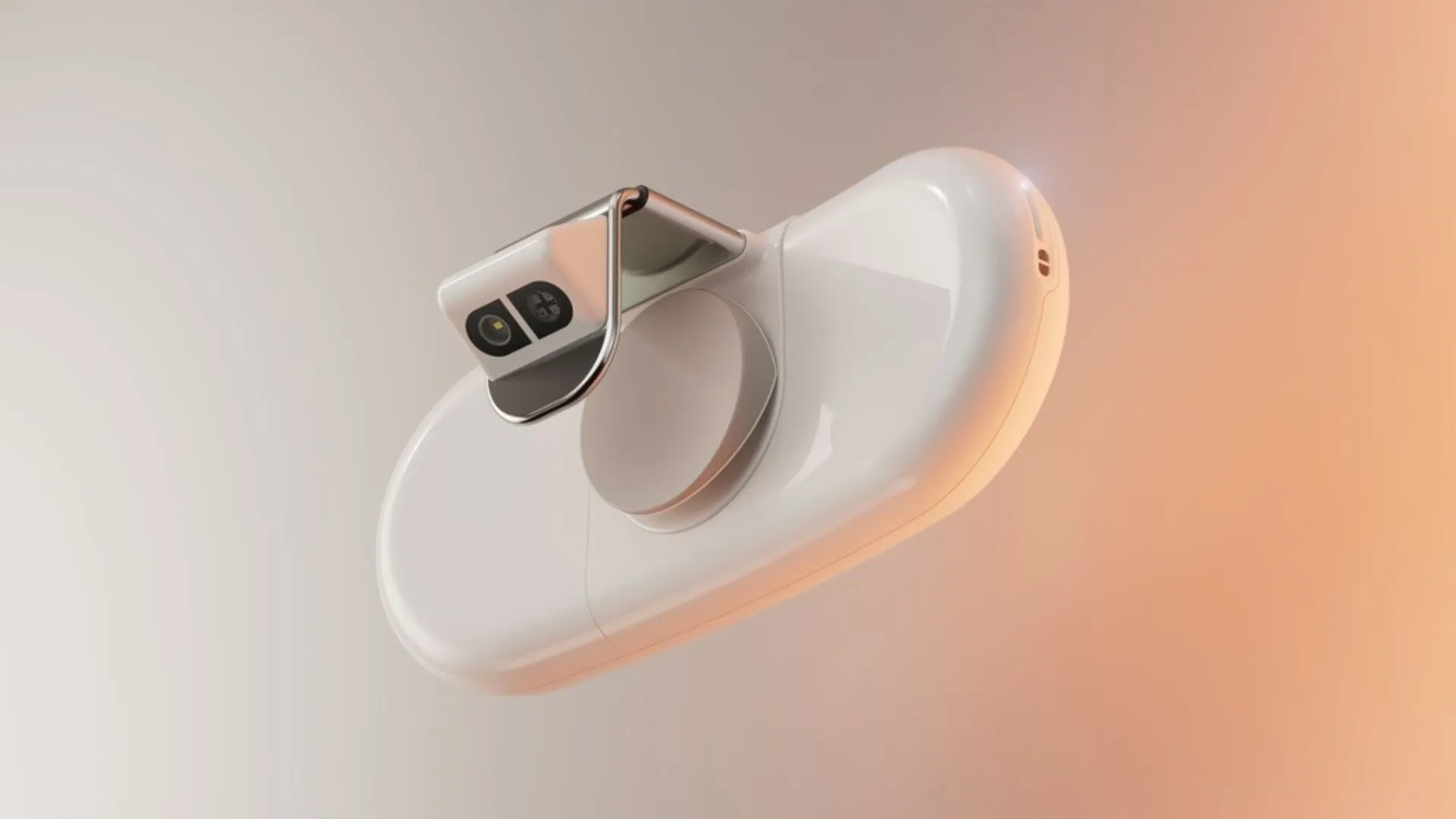Copyright Interesting Engineering

Kohler has entered the digital health market with an unexpected product – a toilet-mounted camera that uses artificial intelligence to monitor users’ well-being. If your smartwatch tracking every heartbeat and sleep cycle hasn’t already given you health anxiety, Kohler wants to mess you up in a new way. The $599 device, called Dekoda, analyzes waste samples to track hydration, gut health, and detect traces of blood. The product marks Kohler’s first step under its new wellness division, Kohler Health, which aims to bring medical-grade insights into everyday routines. Pre-orders are open now, with shipments beginning October 21, 2025. Dekoda mounts over most toilet rims without the need for tools, requiring a width between 32 and 58 millimeters and at least 6 millimeters of clearance under the lid. The camera sits inside the rim and points downward, focusing only on the toilet contents rather than the user or bathroom surroundings. According to Kohler, the device uses “discreet optics” that never capture body parts or the surrounding environment. “Dekoda’s sensors see down into your toilet and nowhere else,” the company states, distancing itself from any comparison to home security cameras. To ensure privacy in multi-user households, Dekoda includes fingerprint authentication and allows each person to manage their own data separately. Health data is encrypted end to end, and users can control exactly how much information they share through the Kohler Health app. The system operates on a rechargeable battery that lasts about a week and supports USB-C charging for updates and power. Health tracking through AI Dekoda captures and analyzes images of waste samples after each use. The system’s sensors evaluate hydration levels, identify blood traces, and assess general gut health patterns. These insights are processed using AI algorithms and presented in the companion app, which compiles health scores and daily summaries. While the device does not replace medical testing, Kohler promotes it as a tool for users to spot changes that might warrant a conversation with a healthcare professional. The app provides trend tracking and notifies users if irregularities appear over time. Kohler also notes that Dekoda may not work properly with darker toilet bowls, as the sensors rely on light reflection for accurate readings. Price and market positioning At $599, Dekoda sits firmly in the premium segment of consumer health technology. The device also requires a subscription for ongoing AI analysis, priced between $70 and $156 per year, depending on the selected plan. Kohler’s move follows a broader trend of health monitoring entering home fixtures, similar to how smart litter boxes track pet wellness. The company is leveraging its long history in bathroom technology to compete with startups like Throne, which offer similar monitoring tools. Whether consumers embrace a camera-equipped toilet remains to be seen, but Kohler is betting on growing comfort with at-home health tracking. Dekoda’s appeal will depend on how much users value real-time health insights over the unease of allowing AI into their most private space.



